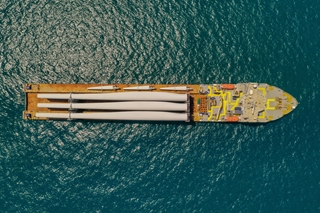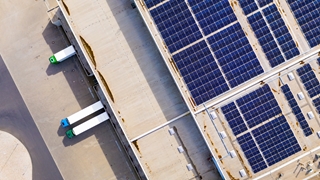
Industrial policies
Green industrial policies for the net-zero transition
Countries are increasingly turning to industrial policy to address concerns over climate change, energy security and strategic autonomy. This paper explores the potential and risks of green industrial policies with a focus on green subsidies, and illustrates some key design considerations that governments should take into account when providing such support.
Click here







